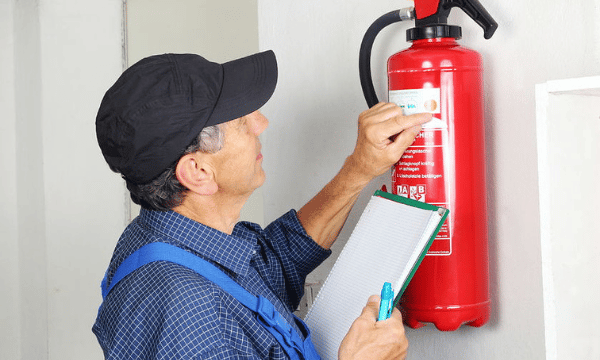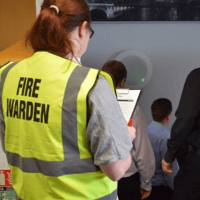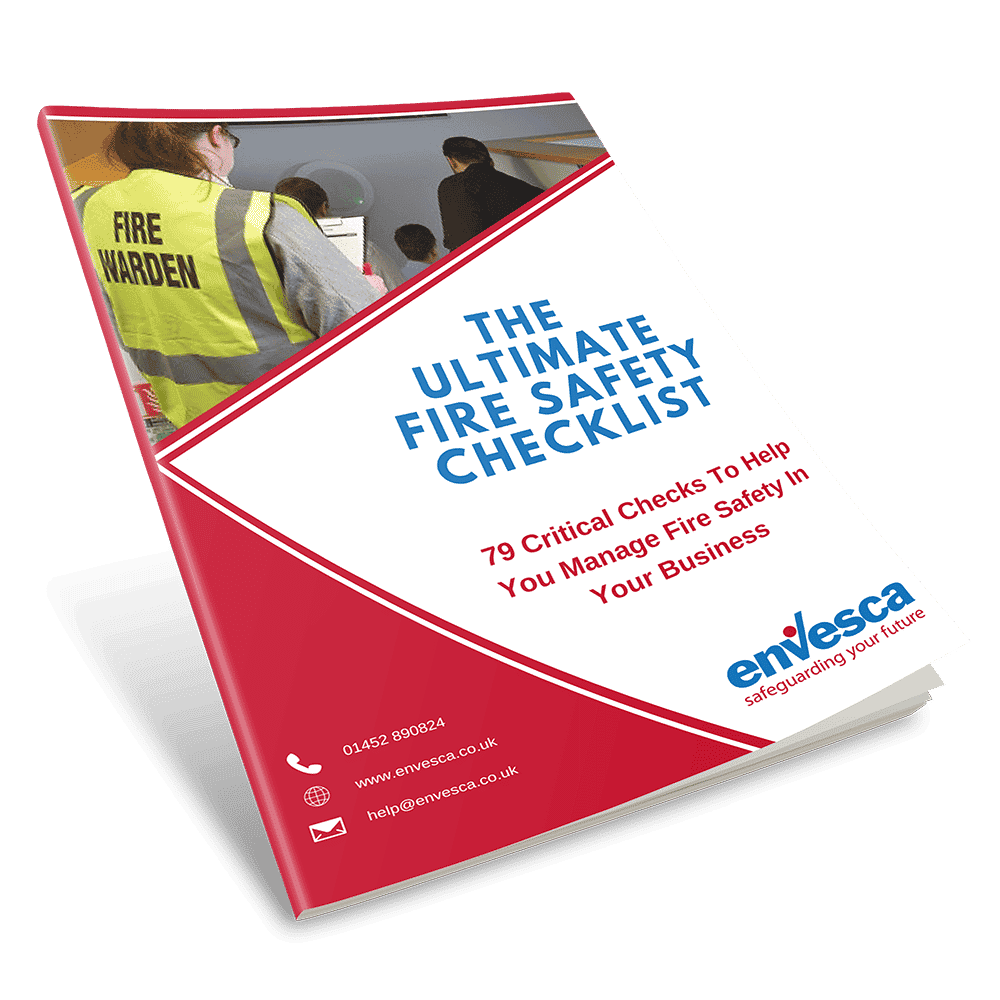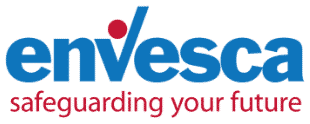Who Is Responsible For Fire Safety?
In this article, we answer “Who is responsible for fire safety?” We also explain what a responsible person is and what their fire safety responsibilities are under the Regulatory Reform (Fire Safety) Order 2005.
Although fire is not the largest cause of fatalities in the workplace, it is responsible for 2% of major injuries reported to the HSE every year. Even if people are not killed or injured as a result of fire, it can cause extensive damage to premises and property.
The consequences for businesses are enormous in many cases (estimated to be over 40%) businesses that have suffered fires never start up again. Fire prevention is, therefore, a vital part of your health and safety management system, and it is much cheaper to prevent a fire than have to deal with the aftermath of one.

Who is the responsible person?
According to the Regulatory Reform (Fire Safety) Order 2005, it could be the employer if the workplace is under his control to any extent, the owner or landlord, or it could be the person who has control of the premises from a business perspective.
The best thing to do if you do not own your business premises and especially if you share a multi-occupancy building is to check the terms of your lease. Generally, businesses are responsible for the part of the building they occupy, but it is not always clear who the fire safety responsibilities lie with for shared areas.
It is also worth noting that the responsible person is not necessarily an individual, it may be a corporate body. According to the Regulatory Reform (Fire Safety) Order 2005, it could be the employer if the workplace is under his control to any extent, the owner or landlord, or it could be the person who has control of the premises from a business perspective.
The best thing to do if you do not own your business premises and especially if you share a multi-occupancy building is to check the terms of your lease. Generally, businesses are responsible for the part of the building they occupy, but it is not always clear who the fire safety responsibilities lie with for shared areas.
It is also worth noting that the responsible person is not necessarily an individual, it may be a corporate body.

Ignite Your Knowlegde: Unlock The Power Of Fire Safety Training
Fire Safety isn’t just a responsibility; it’s a necessity. Take action today! Click on the button below to explore our Fire Safety courses and equip yourself with the essential skills to protect lives and properties.
What should they do?
The first thing the responsible person must do is nominate a competent individual to manage the day-to-day fire safety responsibilities. This person should ensure that the company complies with the law and trains other staff on what to do in the event of a fire.
The nominated person should:
- Carry out a suitable and sufficient fire risk assessment, or employ a suitable specialist to carry one out
- Establish:
- suitable emergency procedures
- clear routes to emergency exits
- fire drill routines
- means of communicating information pertaining to fire prevention and fire safety to employees and users of the premises
- Ensure that the premises are provided with suitable:
- fire-fighting equipment
- fire detectors and alarms
- trained and equipped competent persons to implement fire-fighting measures
- contacts with the emergency services
Regular maintenance and inspection of fire-fighting and detection equipment is also the responsibility of the nominated person. It is therefore vital that the person chosen for the role is well organised and disciplined in carrying out routine tasks and recording them.
Typically, these tasks include checking:
- Fire Detectors
- monthly – visual inspections for damage or build-up of dirt
- annually – inspection and test by a service engineer
- Fire Alarm Systems
- daily – panel inspection for normal operation
- weekly – trigger device is tested to ensure alarm sounds in all zones
- quarterly and annually – inspection and test by service engineer the emergency lighting is working
- monthly – simulate failure of normal lighting and check for malfunctioning luminaires
- annually – inspection and test by a service engineer
- Fire Extinguishers
- weekly – visual inspections
- annually – inspection and service by engineer
- four or five times yearly (depending upon extinguisher type) – test discharge
- Sprinkler Systems
- inspection and testing as stated by the manufacturer
- General Weekly Checks
- all escape routes are clear and the floor is in good condition
- all fire escapes can be opened easily and fire doors are in good condition
- automatic fire doors close correctly
- fire exit signs are in the right place
Whilst this is a lot of work, the use of a fire log book will make following a routine easier. And do not forget, that as an employer you should provide support to your nominated person. They should be allowed time during the working day to carry out these checks and proper training to ensure they can discharge their duties properly.
Envesca provides comprehensive support with fire safety management, including training, so if in doubt contact us and we will be happy to help.
What the Law Says
In 2006 the Regulatory Reform (Fire Safety) Order 2005 came into force. The Fire Precautions Act 1971 was repealed and the Fire Precautions (Workplace) Regulations 1997 were revoked. The Order applies to all non-domestic premises. Construction site fire safety legislation is contained within the Construction (Design and Management) Regulations 2015.
If you have a question or enquiry about fire safety, please call the team on 01452 502113 or complete our enquiry form.
Find this helpful?
Signup to our email notifications to receive alerts when we publish new blogs. We promise not to spam your inbox, you will just get a short snappy intro to Health and Safety articles we think you will love.
"*" indicates required fields

The Ultimate Fire Safety Checklist
If you’ve got a question or query, please contact our super friendly team, they will be delighted to help you!
Simply get in touch via phone or email.

Free
Resources &
Downloads
Informative. Useful. Practical.
Here at Envesca we believe that we are good at giving proactive, sensible and useful advice. Below you will find some free resources that you can download on a host of subjects that will help you and your business.
Training Available
Envesca offer a number of different training courses, which offer advice and guidance on these topics.




